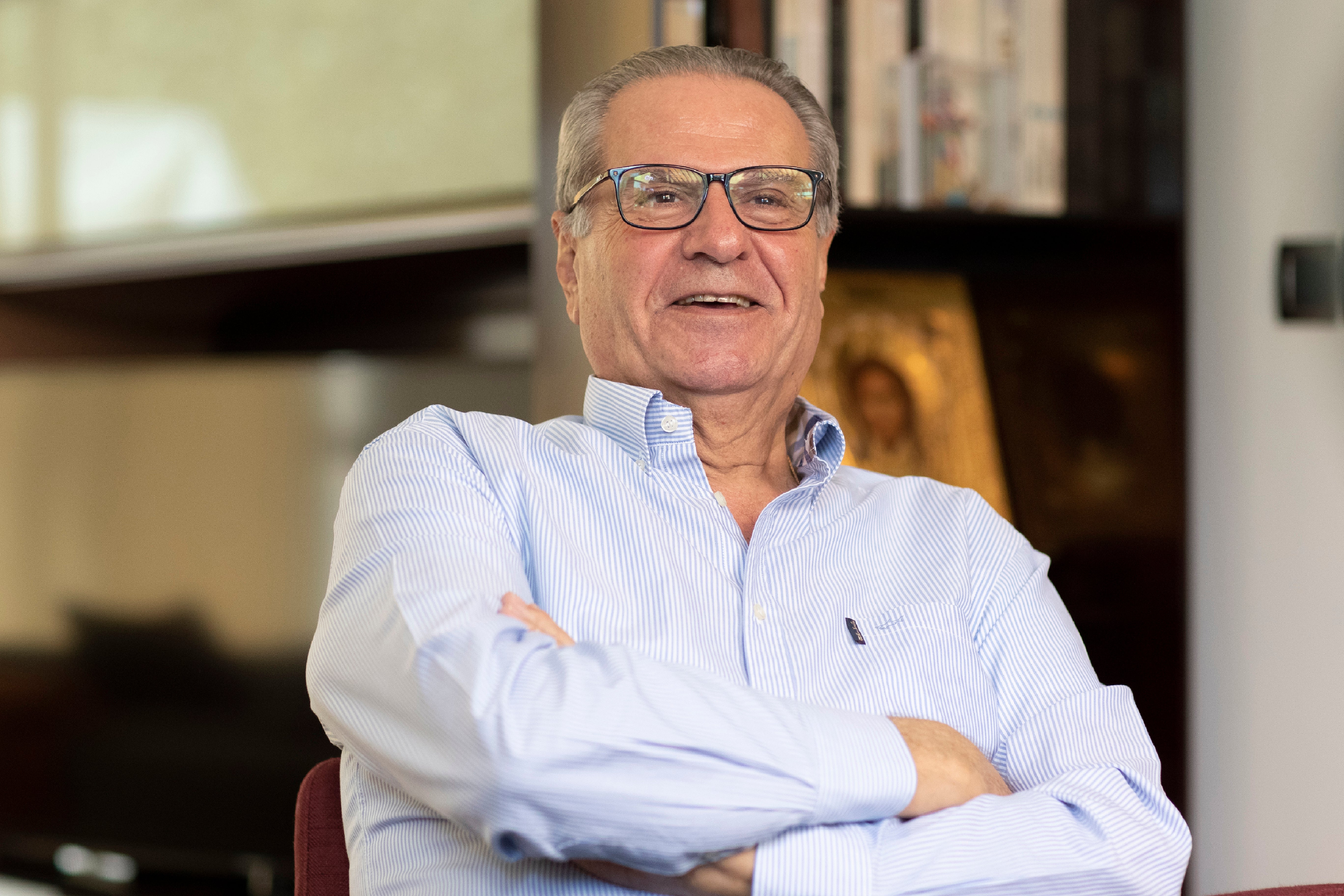Lebanon receives Russian vaccines imported by private sector
Lebanon’s private sector is stepping in to speed up the vaccination campaign against coronavirus by importing at least 1 million doses of Russia’s Sputnik vaccine

Your support helps us to tell the story
From reproductive rights to climate change to Big Tech, The Independent is on the ground when the story is developing. Whether it's investigating the financials of Elon Musk's pro-Trump PAC or producing our latest documentary, 'The A Word', which shines a light on the American women fighting for reproductive rights, we know how important it is to parse out the facts from the messaging.
At such a critical moment in US history, we need reporters on the ground. Your donation allows us to keep sending journalists to speak to both sides of the story.
The Independent is trusted by Americans across the entire political spectrum. And unlike many other quality news outlets, we choose not to lock Americans out of our reporting and analysis with paywalls. We believe quality journalism should be available to everyone, paid for by those who can afford it.
Your support makes all the difference.Lebanon on Friday received a first batch of Russian vaccines imported by the private sector to help speed up the vaccination campaign against coronavirus in the small country hit by an unprecedented economic crisis.
Some 50,000 doses of the Sputnik V vaccine arrived at Beirut airport around midnight, making Lebanon one of few nations where the COVID-19 vaccine rollout is being boosted by private sector initiatives.
Lebanon, a tiny nation of six million people including around one million Syrian refugees, began its inoculation campaign in mid-February after finalizing a deal for some two million doses with Pfizer
According to Lebanese Health Ministry, the country has so far received 224,640 Pfizer-BioNTech doses over the past six weeks with nearly 100,000 doses already administered. Lebanon’s government also began receiving AstraZeneca vaccines this week, with 33,600 doses that arrived on Wednesday.
The Pfizer vaccines are funded by the World Bank while AstraZeneca vaccines are provided under the U.N.-backed COVAX program.
Lebanon is currently in the grips of the worst economic and financial crisis in its modern history, which has been exacerbated by the lockdown measures related to the pandemic. Tens of thousands have lost their jobs and the local currency has lost 90% of its value against the dollar, leading to inflation and shortages in food products and medicines.
According to the World Bank, more than half the population is now living under the poverty line.
Jacques Sarraf, a Lebanese businessman and head of the Lebanese Russian Business Council, said he hoped the import of the Russian vaccines would help safely reopen businesses around the country.
“Our first target will be private companies, factories, banks and this is important to reactivate institutions,” he told The Associated Press in an interview.
Sarraf, who played a major role in bringing the Sputnik V vaccines to Lebanon, said priority will be given for employees at companies and business institutions.
Sarraf said Lebanon will be receiving between 100,000-200,000 doses every three weeks until the 1 million is reached.